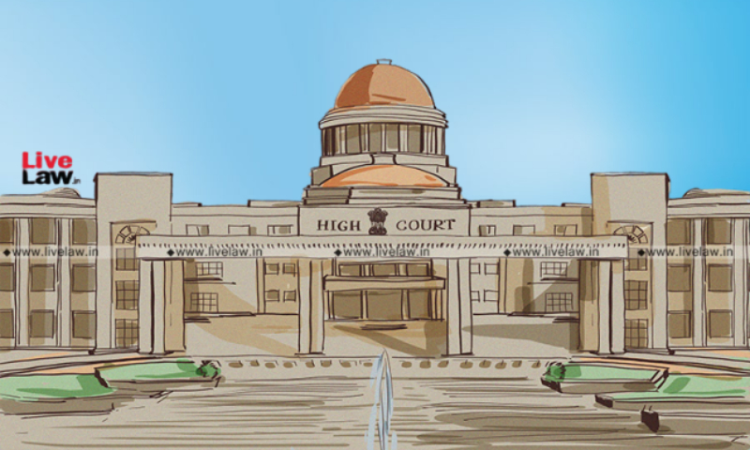UPVAT | Intention To Evade Tax Essential For Imposition Of Penalty U/S 54(1)(2): Allahabad High Court
Upasna Agrawal
10 April 2024 12:00 PM IST

Next Story
10 April 2024 12:00 PM IST
The Allahabad High Court has held that intention to evade tax is essential condition for imposing penalty under Section 54(1)(2) of the Uttar Pradesh Value Added Tax Act, 2008.Section 54(1) of the Uttar Pradesh Value Added Tax Act, 2008 provides for circumstances under which penalties can be imposed on an assesee. It is provided that where an assessing authority is satisfied that an assesee...
